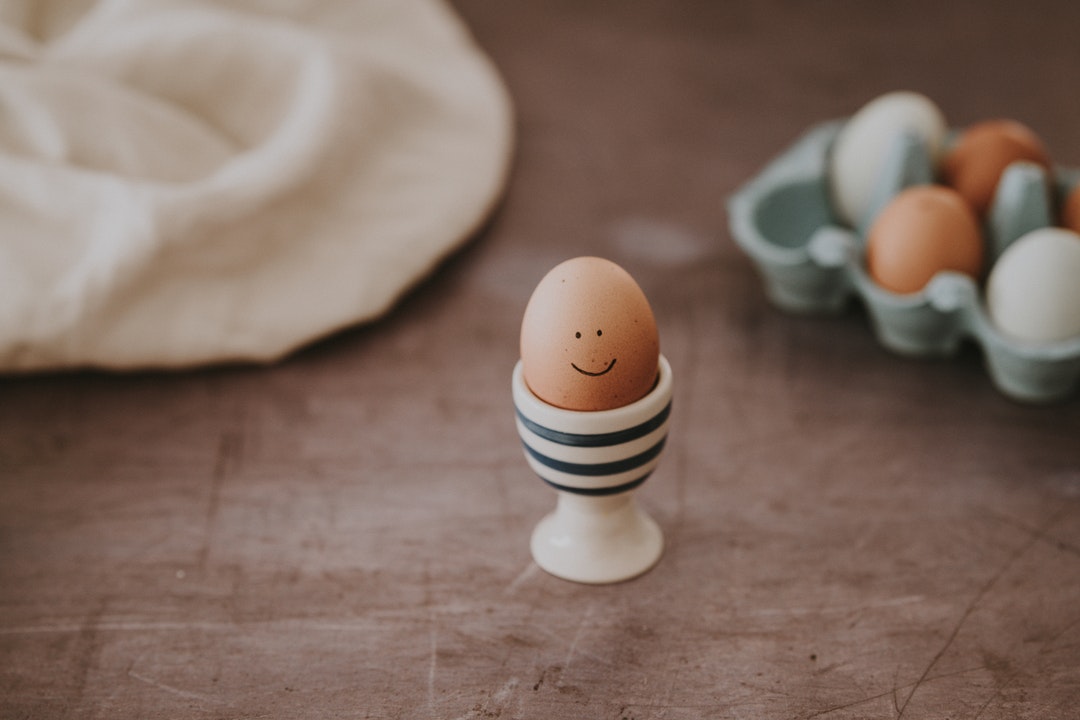
When it comes to eggs, it’s essential to know that you might be throwing away perfectly good ones just because they’ve passed their “sell by” date. This might surprise you, but the freshness of eggs can vary from one state to another. Some egg packagers are required to list “sell-by” dates, while others simply stamp expiration dates on the cartons. So, before you toss those eggs, let’s explore some methods to determine their freshness, even if they’ve surpassed the “sell-by” date by more than two weeks Water Test
The Water Test
One of the easiest and most effective ways to check an egg’s freshness is by conducting the water test. Begin by filling a large bowl with cold water. Then, gently place the egg into the bowl. What you observe will give you valuable insights into the egg’s condition.
- If the egg sinks to the bottom of the bowl and rests on its side, you’ve got yourself a very fresh egg. This is the kind of egg you want for your sunny-side-up breakfast or your homemade cake batter.
- If the egg sinks to the bottom but stands upright or bobs slightly, it’s still fresh but has aged a bit. You can confidently use it for scrambled eggs or baking.
- However, if the egg floats to the top, it’s time to bid farewell. A floating egg is a sure sign that it has lost its freshness and may not be safe to eat.
Using Your Sense of Smell
Another reliable way to determine an egg’s freshness is to rely on your sense of smell. It’s quite straightforward – if the eggs emit a strong, unpleasant odor, it’s a clear indication that they are no longer fresh and should be discarded. Fresh eggs should not have any discernible odor.
Cracking It Open
When all else fails, you can always resort to cracking the egg open. A fresh egg will have a firm and well-defined yolk and egg white. However, if you notice any unusual discoloration, off-putting odors, or, heaven forbid, mold inside the egg, it’s definitely time to say goodbye to it.
So, next time you find yourself hesitating to use eggs that have passed their “sell by” date, remember that these simple tests can help you make an informed decision about their freshness. Don’t be too quick to toss them out, as they might still be perfectly good for your culinary creations. Whether you use the water test, rely on your sense of smell, or crack them open, you’ll be better equipped to determine the real quality of your eggs and reduce food waste in your kitchen. Happy cooking!

Leave A Comment